Understanding the Real Value Behind the Price Tag
For any small business owner navigating the complex terrain of taxes, financial reporting, and compliance, hiring an accountant is no longer optional — it’s essential. But one burning question lingers for most: What is the actual accountant cost for small business in 2025? And more importantly, is it worth it?
As someone who has worked alongside accountants, tax advisors, and finance consultants for over 15 years, I’ve seen firsthand how much value (or cost) a good accountant can bring to a small business, especially in an economy driven by digital transactions, regulatory changes, and automation tools. So in this detailed guide, we’ll explore what impacts the accountant cost for small business, what you can expect in 2025, and how to make the smartest financial decision for your company.
Why Knowing the True Accountant Cost for Small Business in 2025 Matters
Small business owners often fall into one of two traps:
- Underestimating the true cost of doing accounting incorrectly can lead to IRS penalties, missed deductions, or compliance issues.
- Overpaying for services that don’t fit their business size or financial complexity.
Getting clear on the accountant cost for small business in 2025 is about more than price — it’s about understanding value, services, ROI, and the role an accountant should play in your business growth.
What’s Included in Accounting Services for Small Businesses?
Before we talk numbers, it’s crucial to understand what services are included when we discuss the accountant cost for small business. In 2025, most small business accountants will offer:
- Monthly bookkeeping
- Tax preparation & filing
- Payroll management
- Financial reporting
- Cash flow forecasting
- Audit support
- Business advisory services
- Software integration (QuickBooks, Xero, FreshBooks, etc.)
Depending on your industry (real estate, eCommerce, consulting, medical, etc.), these services can vary or scale, and so does the accountant cost for small business.
Different Types of Accountants You Might Hire
One of the key reasons why accountant cost for small business varies so much is the type of accountant you choose. In 2025, small businesses generally choose from:
1. Freelance Accountants
- Ideal for: Sole proprietors, consultants, microbusinesses.
- Cost: $30 to $100/hour or $200–$800/month.
- Pro: Affordable and flexible.
- Con: May lack specialization or availability during tax season.
2. Small Accounting Firms
- Ideal for: Growing businesses with employees.
- Cost: $800 to $3,000/month, depending on services.
- Pro: Broader support, backups, software included.
- Con: May upsell unnecessary services.
3. Virtual Accounting Services
- Ideal for: Tech-savvy startups and remote teams.
- Cost: Flat fees from $150/month to $2,000/month.
- Pro: Scalable, software-integrated, cloud-based.
- Con: Can be less personalized.
4. In-House Accountant
- Ideal for: Businesses with $1M+ revenue or high transaction volume.
- Cost: $60,000 to $90,000/year salary + benefits.
- Pro: Total control and deep involvement.
- Con: High fixed cost.
Each of these choices will influence the accountant cost for small business dramatically, and understanding what fits your business stage is key.
Cost Ranges: What You Can Expect in 2025
In a post-COVID, tech-forward, inflation-aware economy, here are the average costs business owners across the U.S. are seeing for accounting services:
| Service Type | Average Monthly Cost in 2025 |
| Basic Bookkeeping | $200 – $500 |
| Tax Prep Only | $300 – $1,000 annually |
| Payroll Services | $100 – $400/month |
| Full-Service Virtual Package | $600 – $2,000/month |
| CFO-Level Advisory | $2,000 – $5,000/month |
👉 Important: The accountant cost for small business is not just about the service menu — it’s about how often you need support and what tools or platforms are involved (like QuickBooks, Gusto, or NetSuite).
Why the Price Keeps Changing: 2025 Trends Driving Up Costs

Here’s why the accountant cost for small business has shifted in 2025 compared to just 2–3 years ago:
- Increased IRS scrutiny and stricter compliance enforcement.
- Rise in remote work and need for virtual accounting support.
- AI tools require oversight — automation doesn’t eliminate human judgment.
- Inflation in service industries post-2023.
The key takeaway? Accountants are doing more than crunching numbers — they’re becoming strategic advisors. For instance, they can help you make informed financial decisions, identify cost-saving opportunities, and plan for future growth. So while prices may seem higher, the value delivered is also rising.
When to Hire an Accountant (And When Not To)
At times, small business owners may find themselves pondering, “Can I handle this on my own?” The relief of having an accountant becomes apparent when:
Here’s when hiring an accountant becomes non-negotiable:
- You’re making over $100K in revenue
- You have employees or contractors.
- You’re handling multiple income streams or states.
- You’re about to raise funding or apply for loans
- You’re confused by tax laws or missing deadlines.
In these instances, investing in the right accountant cost for small business not only saves you money but also provides a sense of security and peace of mind.
Real Cost vs. Real ROI — Comparing Accountant Costs for Small Businesses Across the U.S.
Now that you have a clear understanding of what impacts the accountant cost for small business in 2025, let’s move from theory to practice. We’ll analyze real examples, do side-by-side comparisons, and show how to evaluate the return on investment (ROI) for your accountant, not just the price tag.
As a professional who’s worked with over 200 small businesses across various industries and U.S. states, I can confidently say: the value of an accountant is not just in what they do, but how much time, money, and stress they save you. We’ll show you how that plays out in real business settings.
Cost Breakdown Across U.S. States: What You’ll Pay in 2025

The accountant cost for small business isn’t fixed nationwide — it fluctuates based on region, business type, and service scope.
Here’s a snapshot of average monthly accountant costs across different U.S. states in 2025:
| State | Basic Services | Tax Prep & Payroll | Full-Service |
| California | $400 – $750 | $750 – $1,200 | $1,500 – $3,500 |
| Texas | $300 – $600 | $600 – $900 | $1,200 – $2,500 |
| Florida | $250 – $500 | $500 – $850 | $1,000 – $2,000 |
| New York | $450 – $800 | $800 – $1,300 | $1,600 – $3,800 |
| Illinois | $300 – $550 | $550 – $900 | $1,200 – $2,400 |
| Georgia | $250 – $450 | $500 – $800 | $1,000 – $2,000 |
| Washington State | $350 – $600 | $650 – $1,000 | $1,300 – $2,800 |
✅ As you can see, location impacts accountant cost for small business, but also note how urban density and business regulations (like in NYC or San Francisco) can raise costs.
How to Evaluate the ROI of Your Accountant in 2025
You don’t just want to know the accountant cost for small business — you want to know what you’re getting back. Here’s a checklist to help:
✅ ROI Checklist:
- How many hours per month does your accountant save you? (multiply by your hourly rate)
- How many errors or penalties have they prevented?
- How much in deductions or credits do they uncover annually?
- Do they help you grow revenue or manage cash flow?
- Do they give peace of mind during tax season or audits?
💡 If the value they provide exceeds what you pay — that’s positive ROI.
Hidden Costs of Not Hiring the Right Accountant
Still hesitant to invest in professional help?
Here are the real hidden costs of trying to manage it solo:
- ❌ IRS audit fees or back taxes
- ❌ Missed business deductions
- ❌ Inaccurate financials (hurts funding or partnerships)
- ❌ Wasted time reconciling spreadsheets
- ❌ Burnout from DIY accounting stress
Avoiding these costs is often more important than cutting expenses. That’s why thousands of entrepreneurs willingly pay the accountant cost for small business — because it prevents bigger problems down the line.
What the Top Small Businesses Are Doing in 2025
Top-performing small businesses are using accountants not just as number crunchers, but as:
- 🧠 Strategic advisors
- 📊 Cash flow planners
- ⚖️ Tax compliance navigators
- 🤖 Tech integrators
This is especially common in high-growth industries like eCommerce, SaaS, medical practices, and consulting. The accountant cost for small business is not a luxury in these cases — it’s a core function.
Choosing the Right Accountant and Reducing Costs in 2025
As we’ve explored the benchmarks and state-wise breakdown of Accountant Cost for Small Business, it’s now time to focus on what really matters — finding the right accountant for your unique needs and getting the most value for your money.
In 2025, financial management is no longer just about “doing the books.” It’s about proactive planning, tax-saving strategies, and ensuring your business stays compliant while scaling. But with so many options, how do you choose?
Let’s explore.
✅ How to Choose the Right Accountant for Your Small Business
When evaluating Accountant Cost for Small Business, don’t just go by price. Here’s what you should look for:
1. Industry-Specific Experience
An accountant familiar with your industry can save you thousands. For example, eCommerce and construction accounting involve very different tax treatments, deductions, and inventory reporting. Always ask:
- “Have you worked with clients in my industry?”
- “What compliance issues do you frequently deal with?”
2. Certifications & Licensing
Always check for:
- CPA (Certified Public Accountant) status (essential for audit and tax authority)
- EA (Enrolled Agent) for IRS-related expertise
- QuickBooks ProAdvisor, if you use accounting software
Hiring a certified expert may slightly increase the Accountant Cost for Small Business, but it often leads to better tax savings and fewer errors.
3. Technology Stack
Modern accountants should be fluent in:
- Cloud-based software (QuickBooks, Xero, Zoho Books)
- Secure document portals
- AI-powered forecasting tools
Outdated accounting methods may lower the initial Accountant Cost for Small Business, but they can result in delays and data breaches.
4. Availability & Communication
Ask:
- “How often will we meet or speak?”
- “Do you provide year-round advice or just during tax season?”
A responsive accountant is an asset, especially during audits or unexpected IRS notices.
Essential Questions to Ask Before Hiring an Accountant
Before you sign any engagement letter, ask these critical questions:
| Question | Why It Matters |
|---|---|
| What’s your experience with businesses of my size? | A small business has different needs from a mid-size firm. |
| Do you offer advisory services? | Many accountants offer budget forecasting, which can reduce long-term costs. |
| What’s included in your monthly fee? | Avoid surprise charges. Clarify the scope. |
| Will I have a dedicated accountant? | You want consistency and accountability. |
| How do you help clients lower taxes? | Insight into their strategic thinking. |
Asking these questions upfront helps you understand the real Accountant Cost for Small Business, not just in dollars, but in time and efficiency.
💸 How to Reduce Accountant Cost for Small Business (Without Sacrificing Quality)
Not every small business can afford a full-time accountant, but these smart strategies can lower costs while retaining value.
1. Use a Bookkeeper + Part-Time CPA Model
Have a bookkeeper handle daily tasks, and a CPA handle quarterly reviews and taxes. This hybrid approach reduces your Accountant Cost for Small Business by 30–50%.
2. Automate Where Possible
Use accounting software for:
- Invoicing
- Expense tracking
- Payroll
Reducing manual tasks lowers your accountant’s workload, which directly lowers your fee.
3. Bundle Services
Some firms offer discounts when you package tax prep, payroll, and bookkeeping. Ask for bundled pricing.
4. Outsource Virtually
A virtual accounting service may charge $150–$300/month, far lower than an in-house hire, without sacrificing access to licensed professionals.
5. Keep Clean Records
The messier your books, the more your accountant charges. Organized records = fewer hours billed = lower Accountant Cost for Small Business.
📍 2025 Recommendations: Who Needs What?
| Business Type | Monthly Budget | Ideal Accountant Model | Notes |
|---|---|---|---|
| Solopreneurs | $100–$200 | Virtual CPA or AI-based platform | Focus on automation and quarterly review |
| Freelancers | $150–$300 | Online tax + bookkeeping combo | Tax-deductible software options |
| Brick-and-mortar | $300–$500 | Local CPA with bookkeeping staff | Ensure local compliance (sales tax, etc.) |
| Startups | $500–$800 | CFO-as-a-service or remote CPA | Needs budgeting, forecasting, and cap table management |
| Growing SMEs | $1000+ | Part-time in-house or full-service firm | Strategic advisory becomes critical |
In every case, understanding and optimizing Accountant Cost for Small Business is not about just cutting costs — it’s about maximizing value per dollar.
🧠 Final Thoughts: Is an Accountant Worth the Investment in 2025?
If your business earns more than $50K/year, hiring a professional isn’t a luxury — it’s a necessity. Whether you outsource, automate, or hire in-house, your accountant is often your best defense against financial chaos.
When done right, your Accountant Cost for Small Business is not an expense — it’s an investment that pays off in:
- Tax savings
- Time saved
- Business clarity
- Fewer IRS headaches
And with the rise of remote teams, cloud software, and fractional CFOs, 2025 is the best year yet to build a smarter, more cost-effective financial strategy.
Frequently Asked Questions: Accountant Cost for Small Business
1. What factors influence the accountant cost for small business?
The accountant cost for small business is driven by:
- Business size and complexity (multi-state operations, inventory, payroll)
- Services required (bookkeeping, tax prep, payroll, advisory)
- Your location—urban firms have higher hourly rates
- The accountant’s credentials and certifications (CPA, EA)
- Condition of your records—messier books mean longer cleanup hours.
Together, these elements determine how much you’ll pay for accounting services.
2. How much does the accountant cost for small business typically run per year?
Most U.S. small businesses spend between $1,000 and $5,000 per year on accounting. Businesses needing more services or facing complexity may spend up to $10,000+.
That range covers bookkeeping, tax filings, and occasional consulting.
3. Can the accountant cost for small business vary by state?
Absolutely. For example, businesses in New York or California can expect costs to run 20–30% higher than in lower-cost states due to higher living and operating expenses.
4. What’s a typical hourly rate included in the accountant cost for small business?
Hourly rates for accountants serving small businesses range between $50 $300 per hour, with professionals charging higher rates depending on experience, software usage, and geographic location.
5. Are flat fees or hourly billing better for understanding accountant cost for small business?
- Flat fees offer predictability—ideal for standard services like tax preparation.
- Hourly billing offers flexibility but can become expensive if your financial records are messy.
Choose based on your workload and need for predictability.
6. Do virtual or outsourced accountants affect the accountant cost for small business?
Yes—outsourced or virtual accountants can reduce costs significantly. Many offer bundled packages starting around $150–$300/month, while providing licensed expert support.
7. Is it possible to negotiate the accountant cost for small business?
Yes! Many accountants are open to negotiation, especially for bundled services or long-term clients. You can often structure pricing based on scope or deliverables.
8. How can a small business reduce its overall accountant cost for small business?
Here are effective tactics:
- Keep clean records so accountants don’t spend hours troubleshooting
- Use cloud accounting software to automate invoicing, reconciliations.
- Hire a bookkeeper for daily tasks and reserve higher-cost accountants for advisory services.
- Request bundled service plans or flat fees.
- Work remotely to pay reduced location-based rates.
9. What’s a reasonable budget for accountant cost for small business?
| Business Type | Annual Accounting Budget |
|---|---|
| Solo entrepreneur or freelancer | ~$200–$800 |
| Small business ($250K–$1M revenue) | $1,000–$5,000 |
| Multi-state or multi-staff ($1M+) | $5,000–$10,000+ |
10. Are accountant fees tax-deductible?
Yes—most accountant fees related to business accounting and tax preparation count as deductible expenses. That means your net accountant cost for small business may be even lower.
11. Do I need a CPA, or can I hire a non-certified accountant and still control accountant cost for small business?
While non-certified accountants may charge less, hiring a CPA or EA ensures higher accuracy, IRS compliance, and advisory quality, often offsetting the extra accountant cost for small business in long-term savings.
12. Can software replace an accountant and cut accountant cost for small business?
No software helps manage daily tasks, but it doesn’t replace professional judgment. An accountant interprets data, maximizes deductions, ensures compliance, and helps plan growth.
13. How do I calculate ROI based on accountant cost for small business?
To assess ROI, look for:
- Hours saved
- Tax credits uncovered
- Penalties avoided
- Strategic advice that drives growth
Evaluate whether these benefits exceed the accountant cost for small business fee you pay.
14. When should I see a noticeable benefit from paying the accountant cost for small business?
You should expect measurable returns within 6–12 months: tax savings, streamlined reporting, or insight that helps you make better financial decisions. Investing early often pays off quickly.
15. What if I’m just starting and concerned about accountant cost for small business?
Consider starting with a virtual accountant or freelancer to manage taxes and basic bookkeeping at a lower base rate. As your revenue grows, you can scale services.

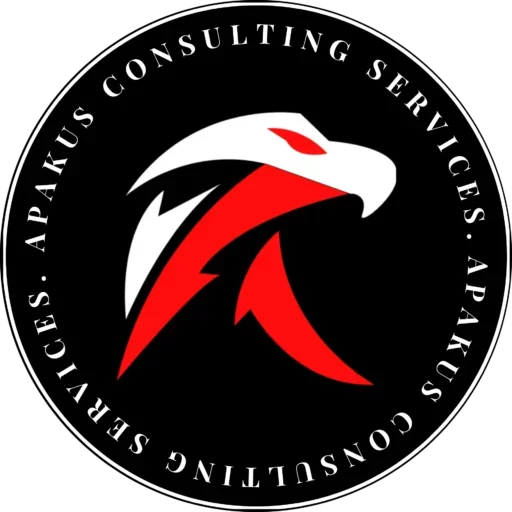



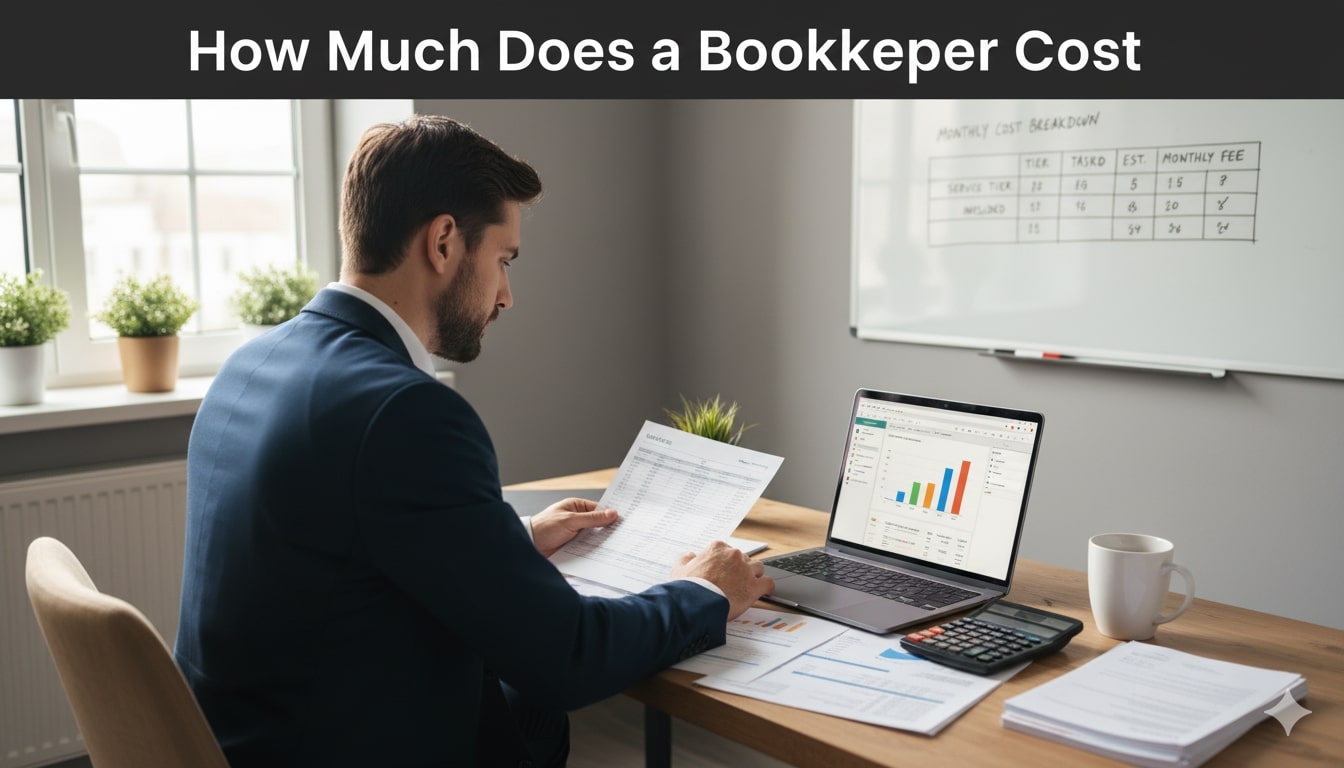
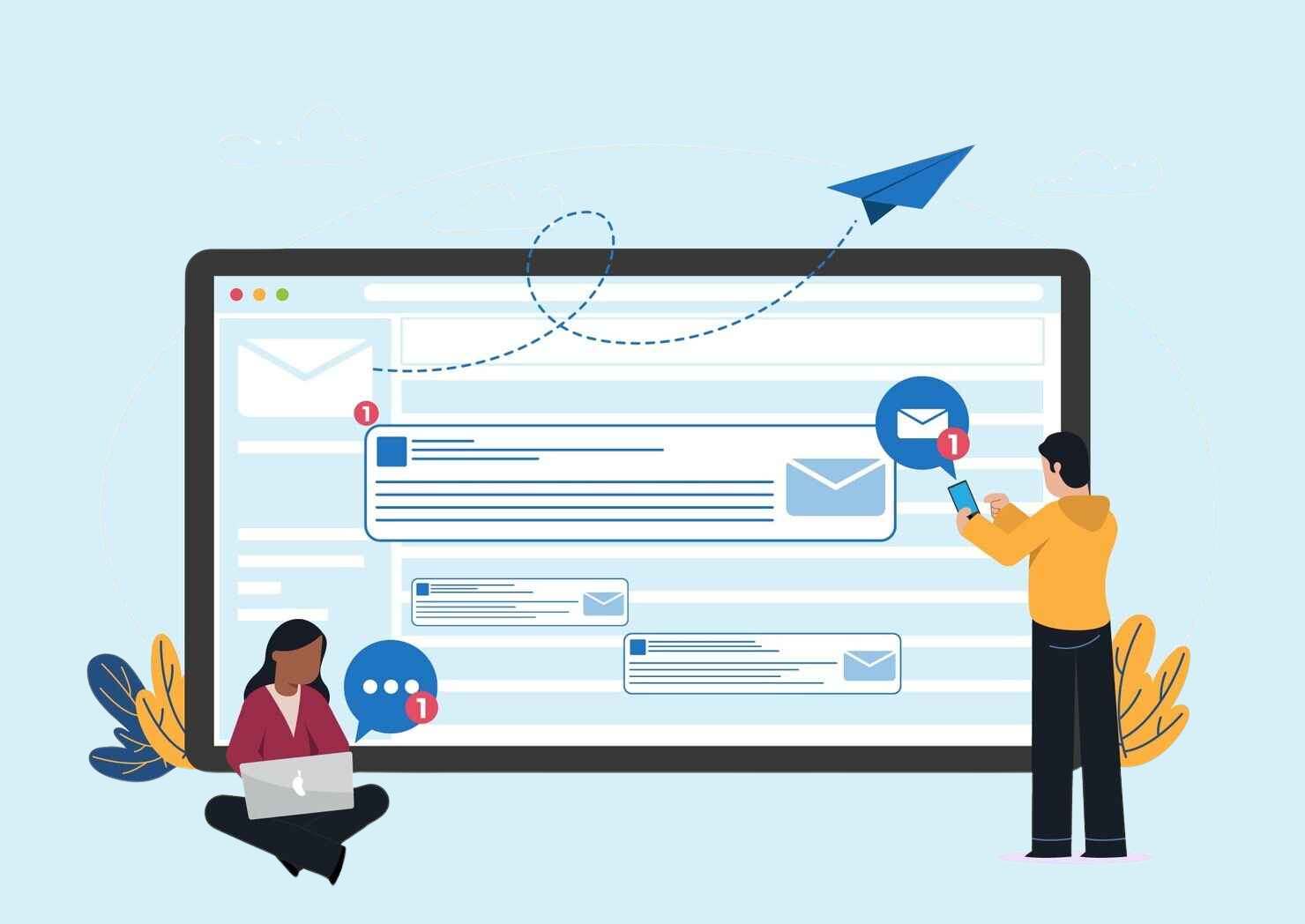
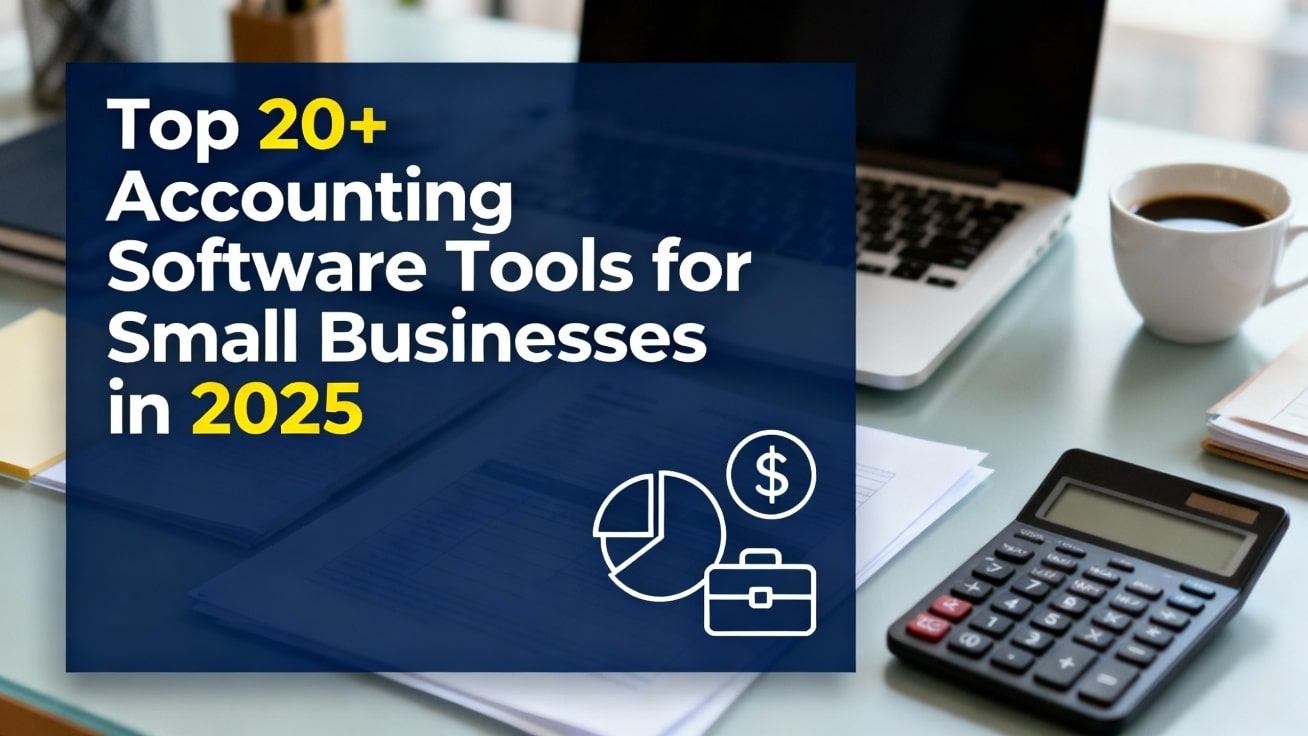
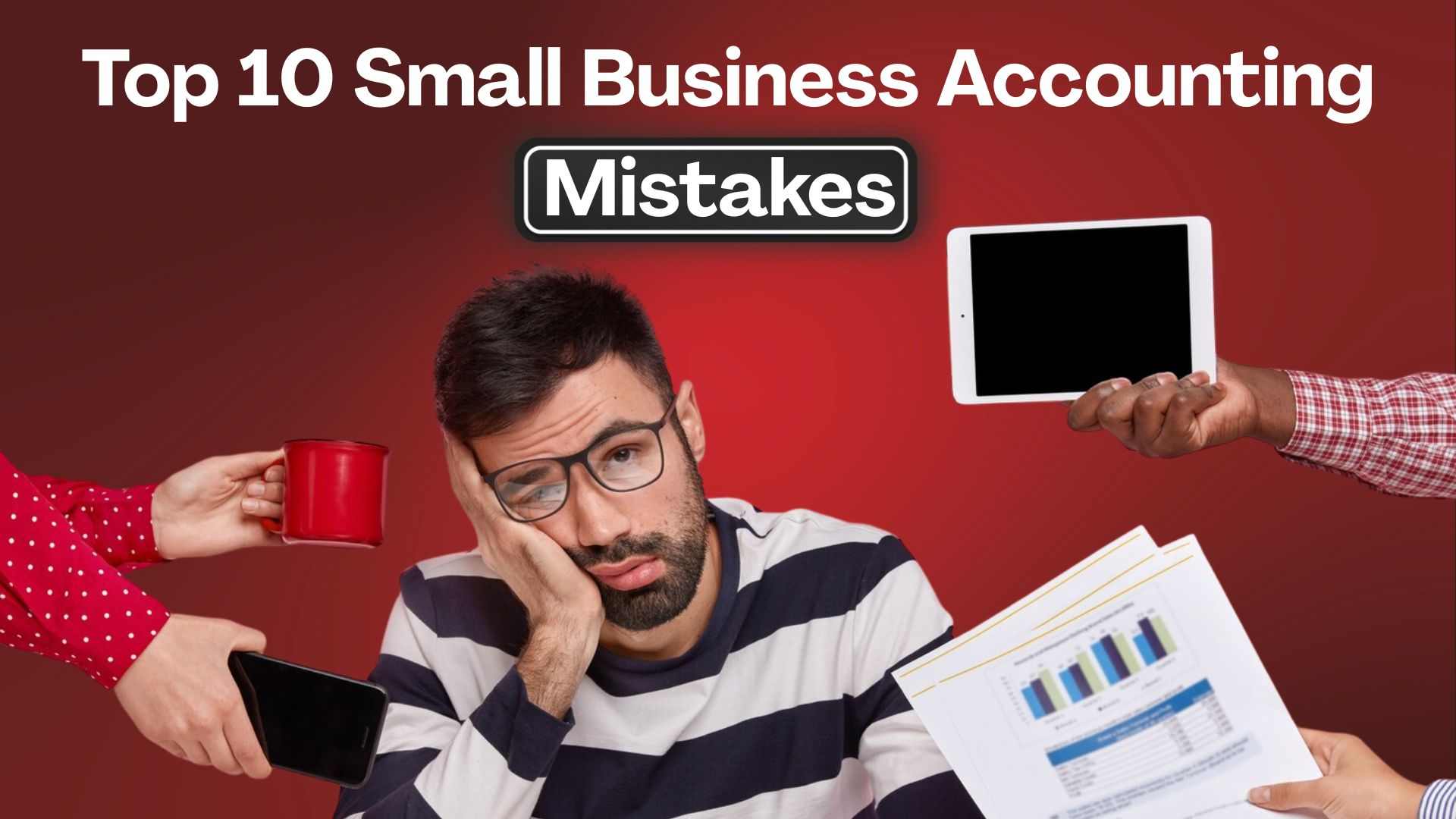

 447 Broadway, 2nd Floor, Suite 2531, New York, NY 10013, USA
447 Broadway, 2nd Floor, Suite 2531, New York, NY 10013, USA 20 Wenlock Road, London, N1 7GU, UK
20 Wenlock Road, London, N1 7GU, UK
